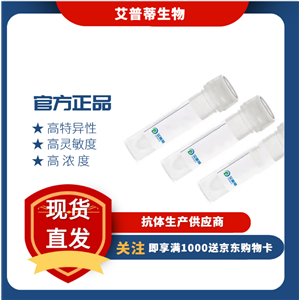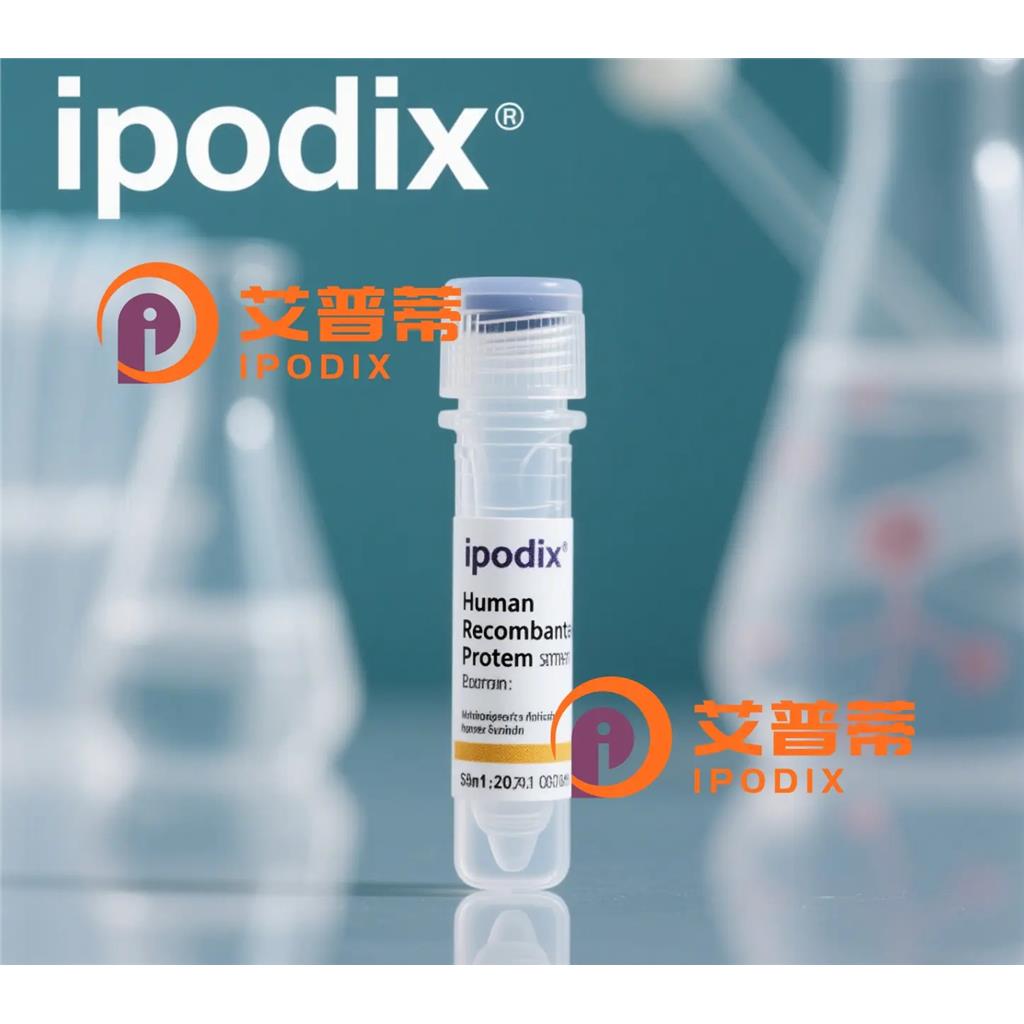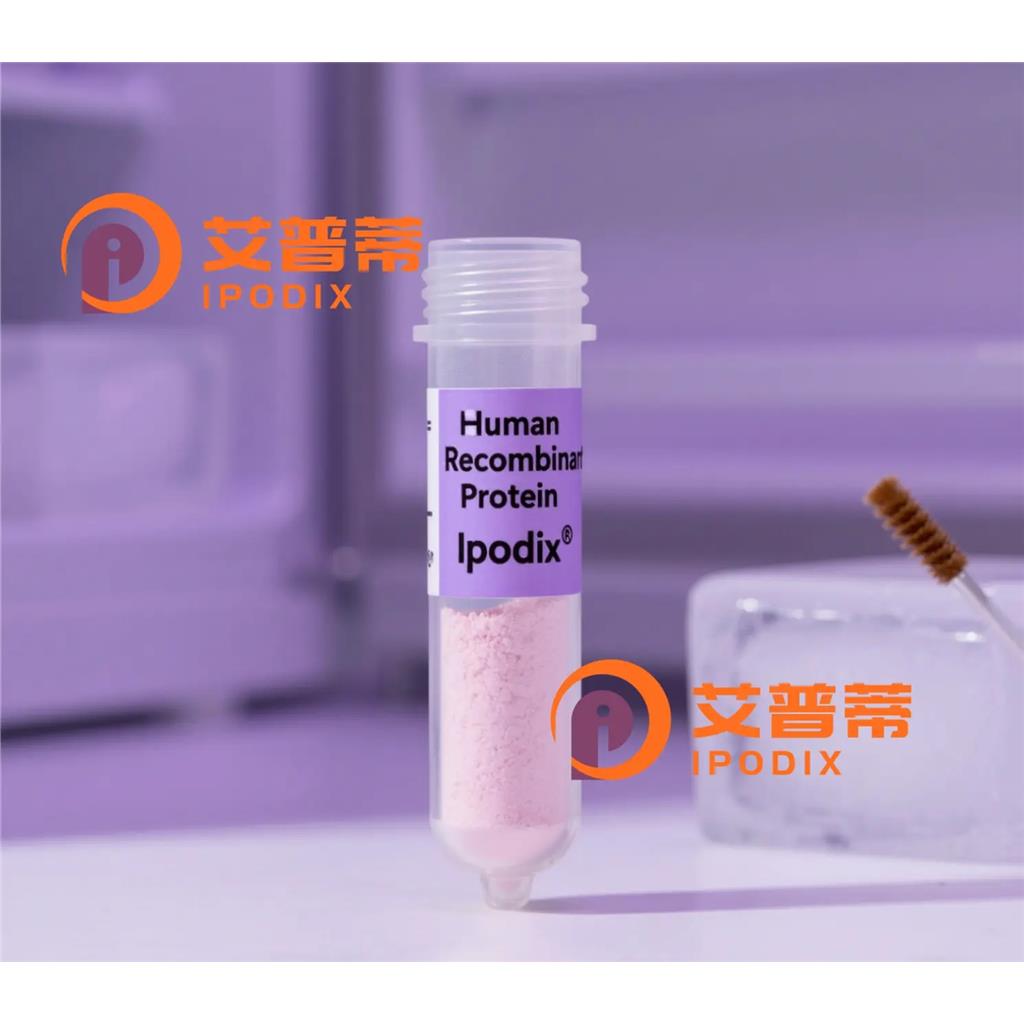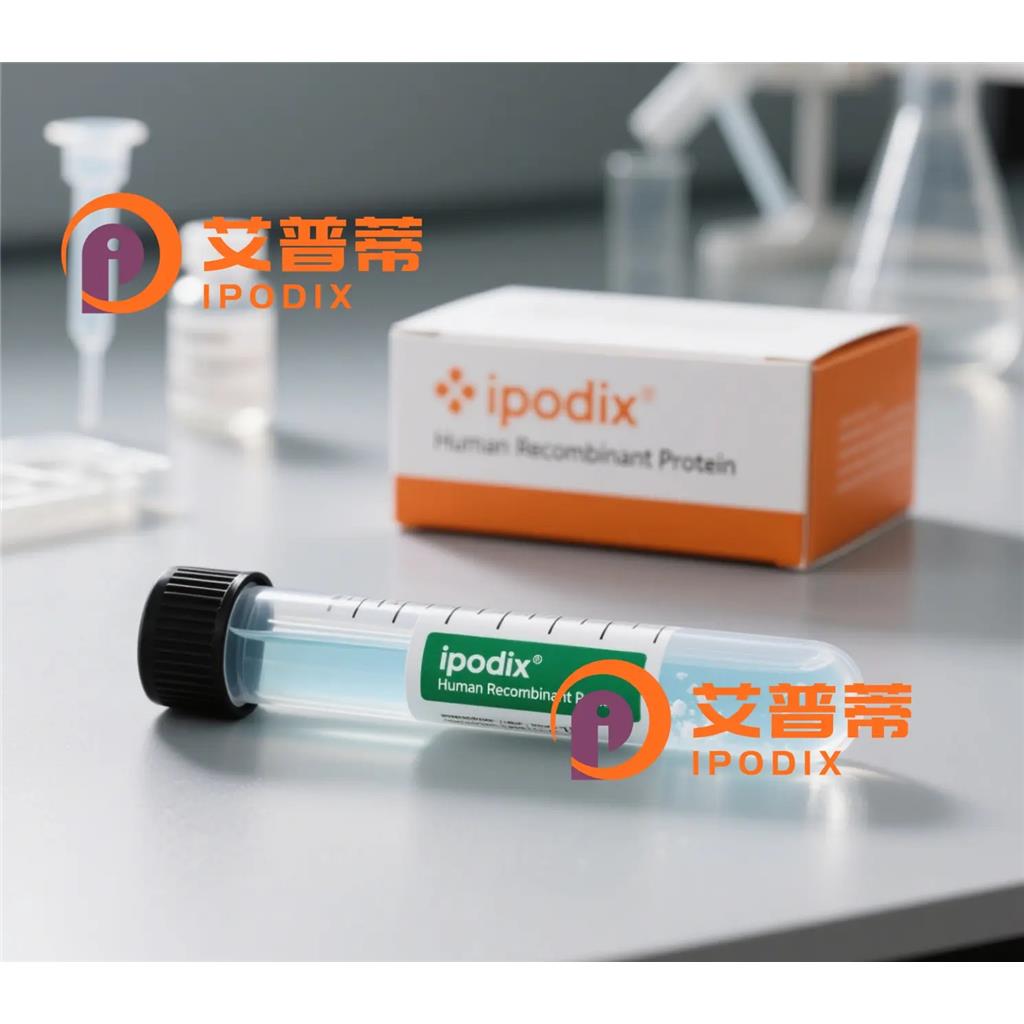DCP1A抗体
Rabbit Polyclonal DCP1A Antibody
询价
20μl
起订
50μl
起订
100μl
起订
湖北 更新日期:2025-05-14
产品详情:
- 中文名称:
- DCP1A抗体
- 英文名称:
- Rabbit Polyclonal DCP1A Antibody
- 品牌:
- 艾普蒂
- 产地:
- 武汉
- 保存条件:
- Stored at -20°C for 4008 year. Avoid repeated freeze / thaw cycles.
- 产品类别:
- 抗体
- 重组:
- 否
- 应用:
- WB: IHC-P: IHC-F: ICC/IF: IP:FC:ChIP: ELISA
- 种属反应性:
- Human,Mouse,Rat
- 宿主:
- Rabbit
- 偶联物:
- 无
- 靶点:
- DCP1A
公司简介
湖北瑞和宁生物科技有限公司研究创新能力, 拥有完整、科学、质量管理体系。并不断致力于技术创新,产品创新和管理创新,赢得了国内外广大用户的信任。
| 成立日期 | (2年) |
| 注册资本 | 50万(元) |
| 员工人数 | 1-10人 |
| 年营业额 | ¥ 100万以内 |
| 经营模式 | 贸易,工厂,试剂,定制,服务 |
| 主营行业 | 中间体,化学试剂 |
DCP1A抗体相关厂家报价
-

- DCP1A抗体;DCP1A antibody 艾普蒂生物
- 湖北艾普蒂生物工程有限公司
- 2025-06-04
- ¥1280
-

- DCP1A单克隆抗体(M06),克隆号3G4
- 武汉艾美捷科技有限公司 VIP
- 2026-01-14
- 询价
-
- Anti-DCP1A Polyclonal Antibody
- 北京索莱宝科技有限公司 VIP
- 2026-03-03
- ¥960.00








